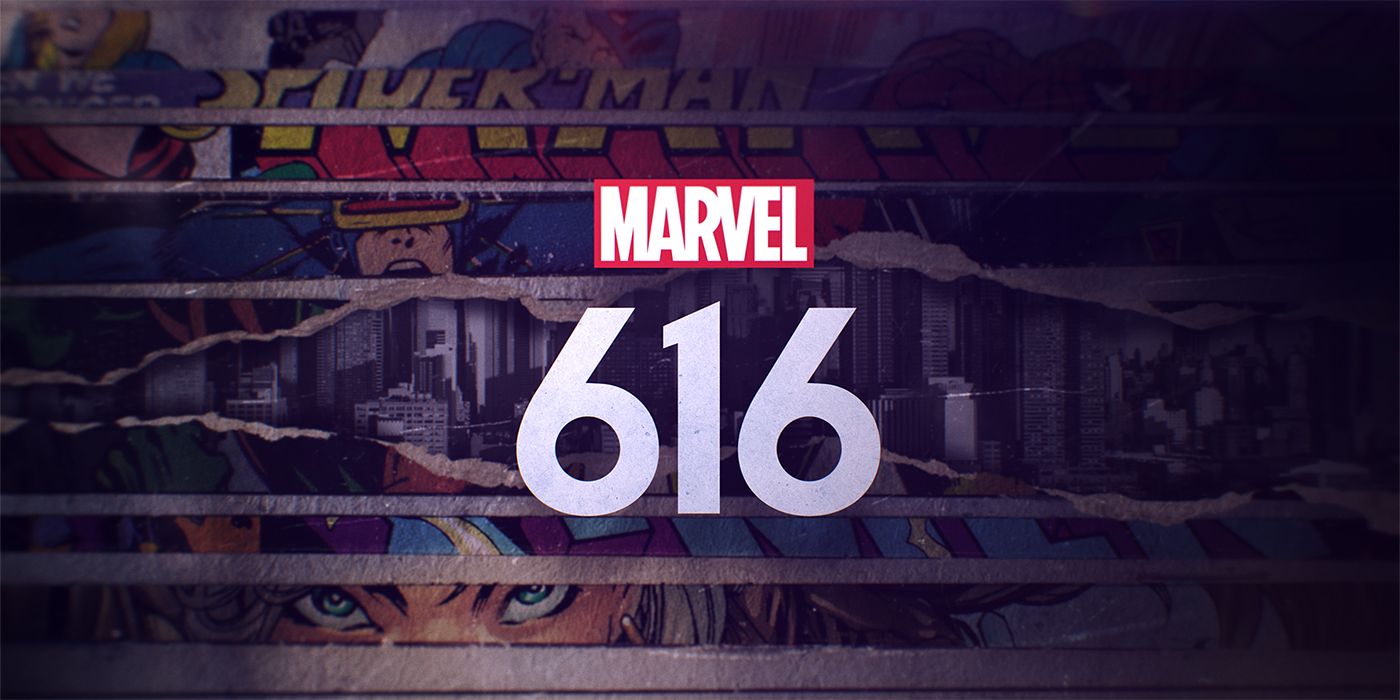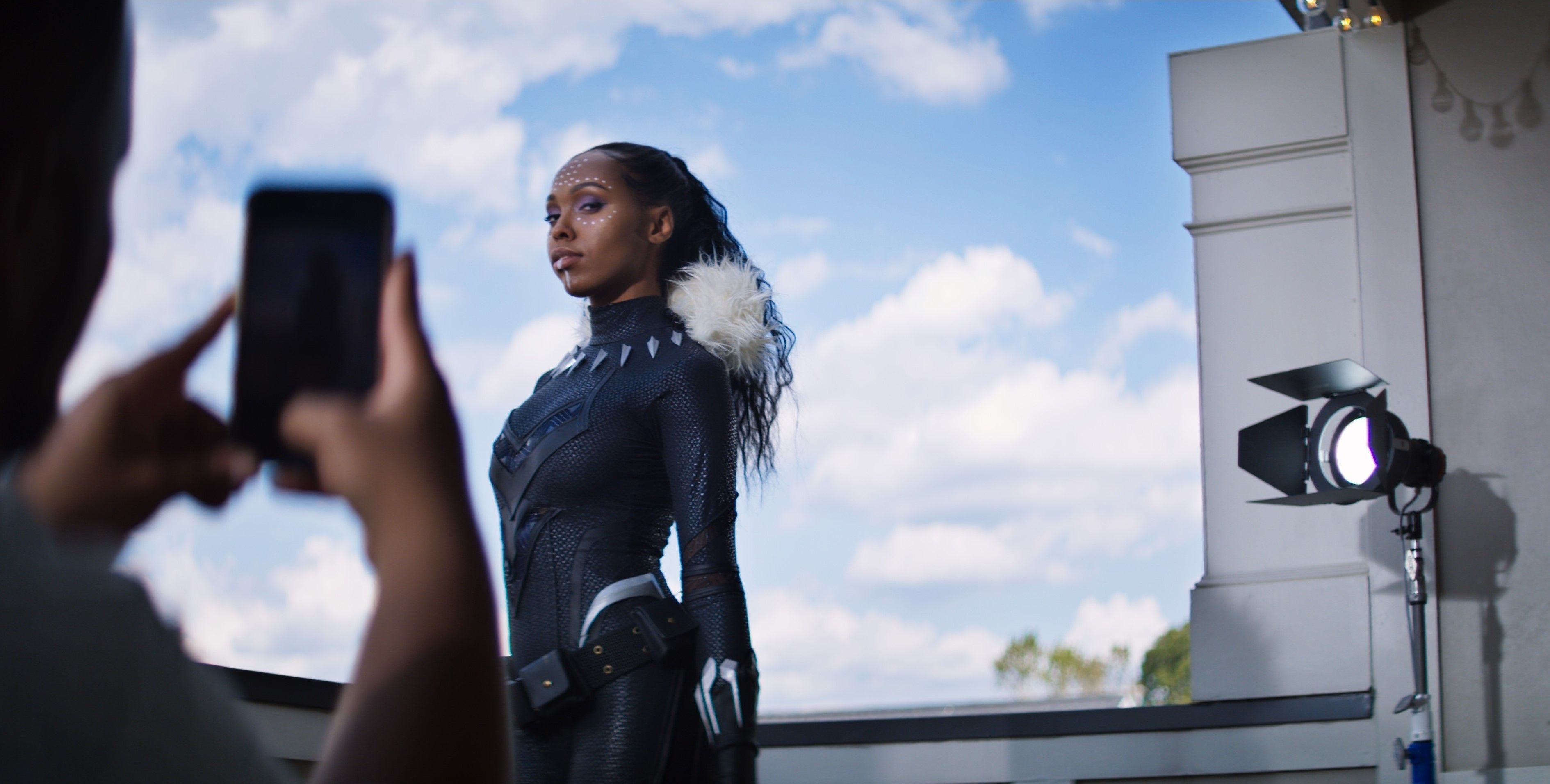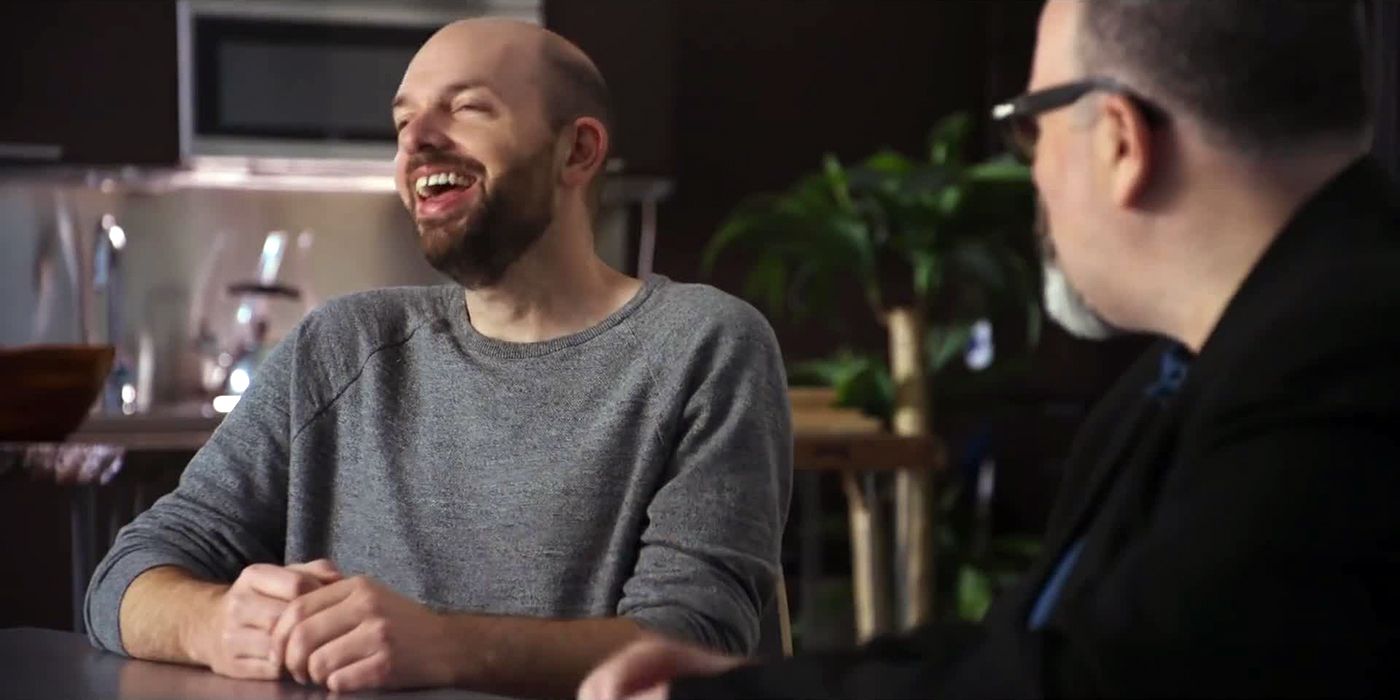Disney has always been great at self-mythologizing, and Disney+ has continued that tradition with documentary series like The Imagineering Story and the behind-the-scenes chronicles of Frozen II and The Mandalorian. Now, the eight-episode documentary series Marvel’s 616 puts the Disney promotional spotlight on Marvel, with a familiar glossy, upbeat style. While just because the series accentuates the positive doesn’t mean it can’t be insightful, a lot of the content is superficial and bland, even if it’s easy to watch thanks to the slick, engaging production.
With eight episodes from eight different directors, the quality also varies, and certain episodes (and subjects) are more engrossing than others. The series kicks off with exactly the kind of story that should be the focus of a show like this, which at its best could be like a Marvel-centric version of the acclaimed ESPN 30 for 30 series. Jiro Dreams of Sushi director David Gelb takes on the story of the 1978-79 Japanese Spider-Man TV series, an oddball corner of Marvel history that deserves a spotlight beyond the devoted core of fans who are already familiar with it.
Gelb interviews the enterprising American businessman who brokered the licensing deal between Marvel and Japanese production company Toei, along with various members of the Japanese creative team, including star Shinji Todo, whose infectious enthusiasm for the reimagined version of Spider-Man has not diminished in the ensuing decades. The episode demonstrates the broad, international appeal of Marvel’s characters, and how the company’s central concepts can be adapted into various narrative forms.
A series of films about similar forgotten aspects of Marvel history could be fascinating, while maintaining the requisite promotional approach. There are so many weird, obscure Marvel comics (NFL SuperPro, anyone?) and adaptations (including movies like Albert Pyun’s 1990 Captain America and the 1998 Nick Fury TV movie starring David Hasselhoff) that could have provided material for fascinating deep dives from enthusiastic filmmakers. Instead, there are only hints of those stranger avenues in subsequent episodes, although some of the directors dig deeper than others in their explorations.
An episode about cosplay from veteran documentarian Andrew Rossi devotes maybe a minute or two to the history of costuming at comic book and sci-fi conventions, which dates back to the late 1930s. Rossi gives just enough information about early pioneering cosplayers to tantalize the audience, but then switches back to his pleasant, expected portraits of four present-day cosplayers. That’s not to say that these dedicated fans and artisans don’t deserve their time to shine, or that their efforts aren’t worthwhile. But Rossi doesn’t add anything to the mainstream understanding of the practice, and he rushes away from the only moment that hints at a less obvious story. (He also manages to shoot at a crowded convention full of cosplayers and almost never capture a character on screen that isn’t Disney-owned.)
In the episode about Marvel toys directed by actor Sarah Ramos, one of the subjects is photographer Mitchel Wu, whose work involves intricate photographs of toys in clever, playful poses. Wu gets a decent amount of screentime, but Ramos barely gets into this unique artform, instead falling back on interviews with toy designers and company executives. Far too many of the episodes rely on Marvel corporate figures as their main sources, and while those people have plenty of genuine love for Marvel, their perspective is inevitably geared toward carefully crafted boosterism.
Comedian Paul Scheer’s episode even ropes in actual Disney+ executives in service of a staged “meeting” in which Scheer attempts to pitch his own Marvel Disney+ series. Buried under Scheer’s layers of largely unfunny irony is a lengthy look into a little-known 1990s Marvel Comics series that Scheer ironically embraces as the source material for his disingenuous series pitch (even putting together an absurd two-minute animated sizzle reel). The best parts of the episode involve Scheer actually talking to the original creators behind the comic book and learning about what went into the creation of an endearingly goofy team of characters.
Dedicated Marvel fans probably won’t mind the series’ reluctance to turn a critical eye toward the company, and it’s clear that everyone involved is a Marvel true believer. Actress Gillian Jacobs, helming the longest episode, includes a few slightly less than positive references to Marvel’s history with its treatment of female creators, and at least she devotes substantial time to veterans like Louise Simonson and Trina Robbins, and not just to modern creators, as important as their contributions may be.
Watching many of these episodes, it’s easy to imagine that Marvel’s significance began with its purchase by Disney. There’s so much rich history to this company, enough for multiple seasons, that Marvel’s 616 almost does a disservice to the legacy it’s trying to celebrate by leaving so much of that history unexplored.
Executive produced by Jason Sterman, Brian McGinn and David Gelb, the eight-episode first season of Marvel’s 616 premieres Friday, Nov. 20 on Disney+.



